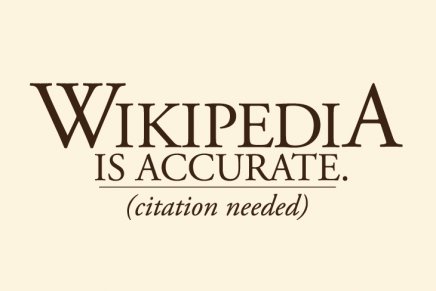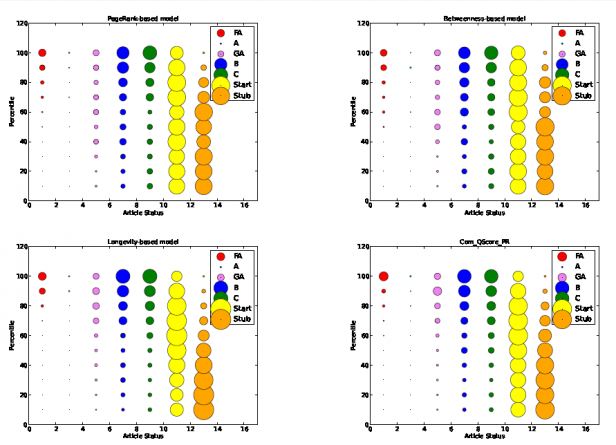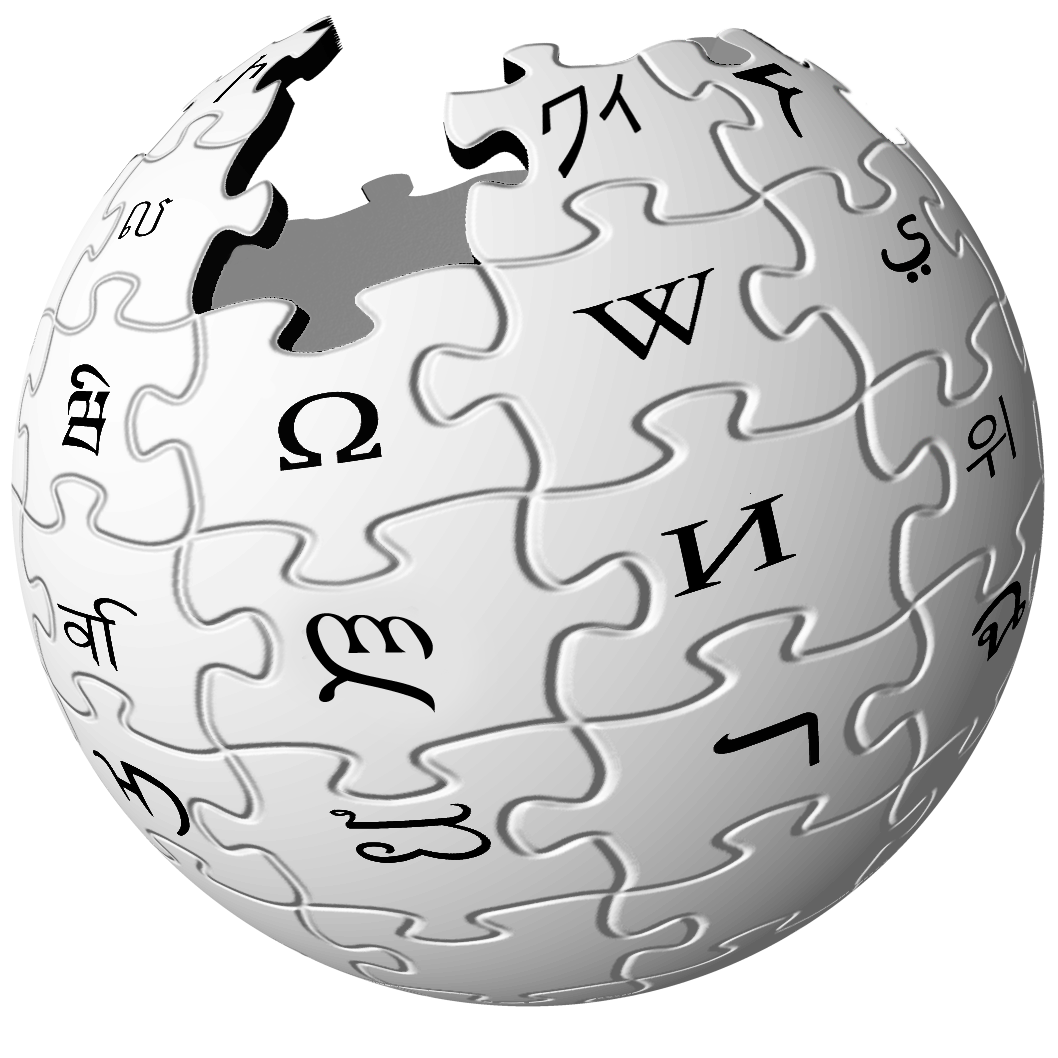
Image via dcblogdog
Wikipedia is a tremendous abyss of information that can be rife with inaccuracies. If you often reference Wikipedia for engineering terms, technology projects, etc., and sometimes find yourself doubting the accuracy of what's on the page, you'll be pleased to know that these researchers have come up with a new algorithm that determines how accurate Wikipedia actually is.
At Ireland’s University College Dublin, Xiangji Qin and Padraig Cunningham have invented an algorithm to test the relevance and exactitude of Wikipedia articles. The analysis takes into account the prowess of the authors submitting the information, and how frequently edits to the articles have been made. The pages will be classified by how respected the contributor is, so Wikipedia users will be able to filter their search results more readily.

Image via Mashable
Qin and Cunningham’s system is as follows: They observe the durability of every change that is made to each page and how large in quantity the edit is. They surmise that actual facts will not be edited, and will thus have a longer life on Wikipedia. To measure an article’s content as factual, the two researchers view the number of other editors that the first editor is connected to. The shortest paths across the network are analyzed, as Qin and Cunningham use an iterative Pagerank-type algorithm to see if the article checks out as legitimate information. A Pagerank is a Google algorithm that determines the validity of a webpage, based on the other reputable sites that it points to.
The authority of each editor is considered, since the Wiki-edit bunch is very small and exclusive, preserving editorial status quo throughout Wikipedia’s internet grounds. If two editors have co-written an article, it is presumed that the two authors are connected and have formed their own editorial network of accuracy. 
Qin and Cunningham do not factor anonymous contributors into their equation, because random entries are not tried and true. They finally add the endurance and reliability produced by each editor to reach a conclusion. Qin and Cunningham’s strategy has worked well so far, as they have tested their algorithm on over 9,000 articles. Their research has proven that this system can help users find accurate information while surfing Wikipedia.
There is unfortunately one hang-up to their calculation. Wikipedia’s “revert” system changes an article to its original form once a seemingly spam edit is attempted. Qin and Cunningham are currently researching how they can overcome this issue to improve their future endeavors.
Story via Mashable
Advertisement
Learn more about Electronic Products Magazine





